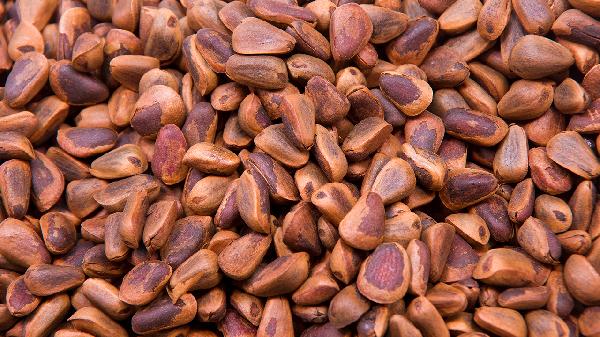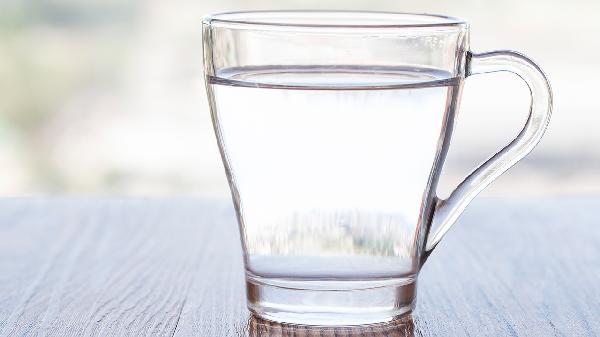If you weigh 200 pounds, the amount of protein you need daily depends on your activity level, fitness goals, and overall health. Generally, the recommended dietary allowance (RDA) for protein is 0.8 grams per kilogram of body weight, which translates to about 73 grams of protein per day for a 200-pound person. However, if you’re active, trying to build muscle, or aiming for weight loss, you might need more—anywhere from 1.2 to 2.2 grams per kilogram, or roughly 109 to 200 grams daily. Let’s break it down so you can figure out what’s best for you.

Protein is the building block of life. It’s essential for repairing tissues, building muscle, producing enzymes and hormones, and keeping your immune system in check. Without enough protein, your body can’t function optimally. Think of it like the foundation of a house—if it’s weak, everything else starts to crumble. Whether you’re hitting the gym, recovering from an injury, or just trying to stay healthy, protein is your best friend.
If you’re not super active, sticking to the RDA of 0.8 grams per kilogram is a good starting point. For a 200-pound person, that’s about 73 grams of protein daily. This amount is enough to meet basic bodily needs and prevent deficiency. You can easily hit this target by including protein-rich foods like eggs, chicken, fish, beans, and dairy in your meals. For example, a 3-ounce chicken breast has about 26 grams of protein, so a couple of servings throughout the day will get you there.
If you’re lifting weights, running, or doing any kind of regular exercise, your protein needs go up. Active individuals typically need between 1.2 and 2.2 grams of protein per kilogram of body weight. For a 200-pound person, that’s 109 to 200 grams daily. The higher end of this range is especially important if you’re trying to build muscle or recover from intense workouts. Protein helps repair the micro-tears in your muscles caused by exercise, making them stronger and bigger over time. Consider adding protein shakes, Greek yogurt, or lean meats to your diet to meet these higher needs.
If you’re trying to shed some pounds, protein can be a game-changer. It’s more satiating than carbs or fats, meaning it keeps you fuller for longer and helps curb cravings. Studies suggest that increasing your protein intake to around 1.6 to 2.2 grams per kilogram (145 to 200 grams for a 200-pound person) can support weight loss while preserving muscle mass. Pair this with a calorie deficit and regular exercise, and you’ve got a winning formula. Opt for lean protein sources like turkey, tofu, or legumes to keep your meals low in calories but high in nutrients.
It’s not just about how much protein you eat but also when you eat it. Your body can only absorb so much protein at once—about 20 to 30 grams per meal. So, instead of loading up on a massive steak for dinner, try spreading your protein intake evenly throughout the day. Aim for 20 to 30 grams at breakfast, lunch, dinner, and snacks. For example, a breakfast of scrambled eggs with a side of Greek yogurt, a lunch of grilled chicken salad, and a dinner of salmon with quinoa can easily get you to your daily target.
If you’re not meeting your protein needs, your body will let you know. Common signs of protein deficiency include fatigue, muscle weakness, slow recovery from workouts, frequent hunger, and even hair loss. If you’re experiencing any of these symptoms, it might be time to reassess your diet. Start by tracking your protein intake for a few days to see where you stand. Apps like MyFitnessPal can make this process a breeze.
While protein is essential, more isn’t always better. Eating excessive amounts of protein—especially from animal sources—can strain your kidneys over time and lead to nutrient imbalances. It’s also easy to overdo it on calories if you’re not careful. Stick to the recommended range for your activity level and goals, and focus on a balanced diet that includes plenty of fruits, veggies, and whole grains alongside your protein sources.
Not all protein is created equal. To meet your daily needs, prioritize high-quality sources like lean meats, fish, eggs, dairy, legumes, and plant-based options like tofu and tempeh. Here’s a quick breakdown of protein content in common foods: a 3-ounce serving of chicken breast (26 grams), a cup of Greek yogurt (20 grams), a half-cup of lentils (9 grams), and a scoop of whey protein powder (25 grams). Mix and match these foods to keep your meals interesting and nutritious.
While whole foods should always be your first choice, protein supplements can be a convenient way to meet your daily needs, especially if you’re on the go. Whey protein, casein, and plant-based powders like pea or hemp protein are popular options. Just make sure to choose a product with minimal added sugars and artificial ingredients. Supplements are meant to complement your diet, not replace real food.
Figuring out your protein needs doesn’t have to be complicated. Start with the basics—0.8 grams per kilogram for sedentary folks, and adjust upward based on your activity level and goals. For a 200-pound person, that could mean anywhere from 73 to 200 grams daily. Listen to your body, track your intake, and don’t be afraid to tweak your diet as needed. With the right approach, you’ll be fueling your body for success in no time.
























